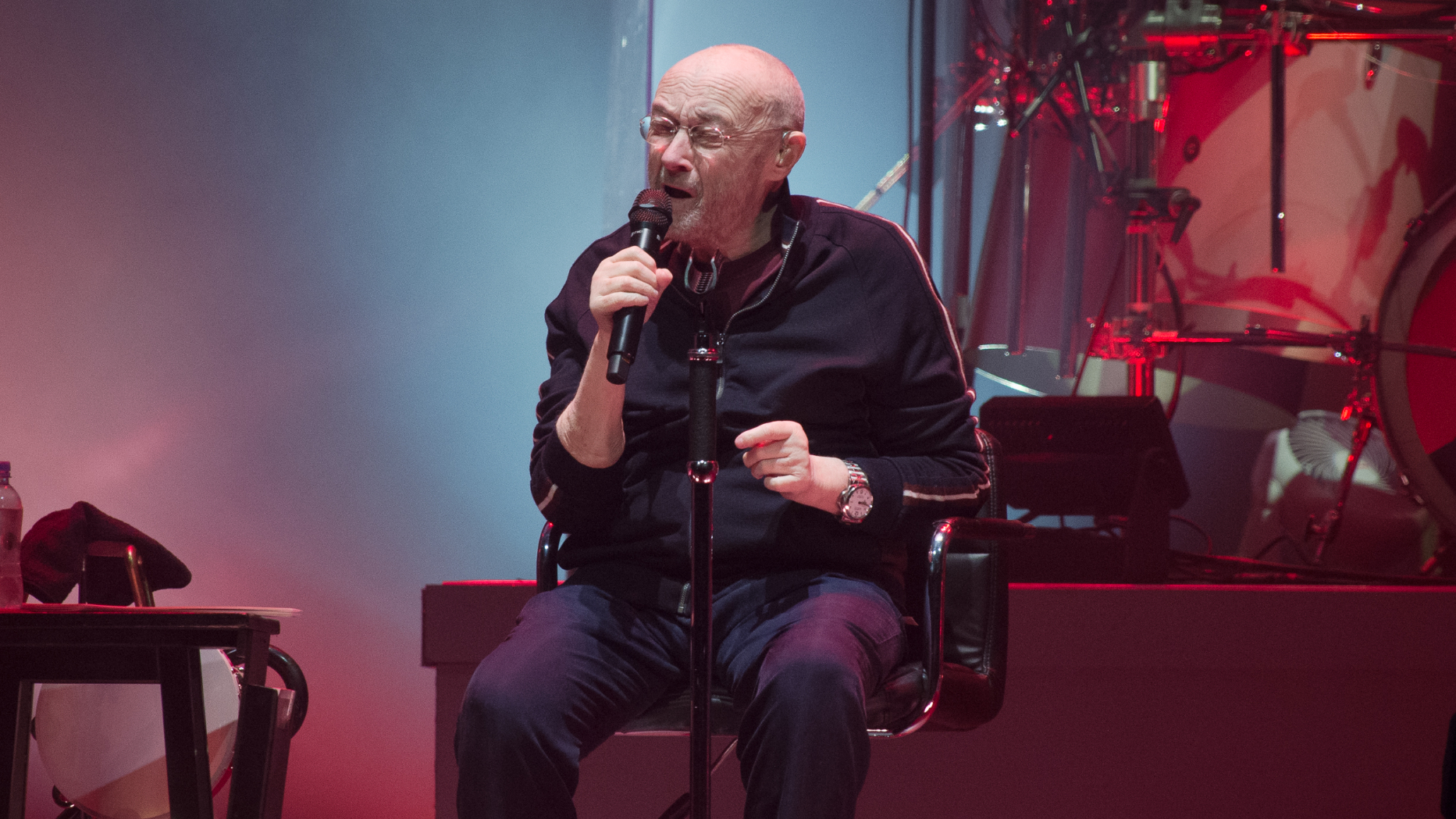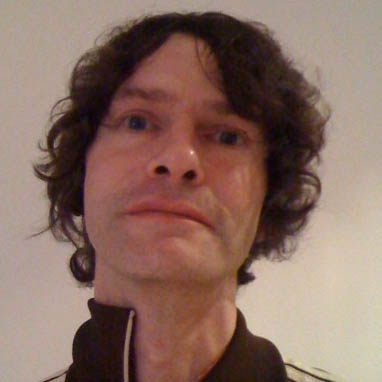“I keep thinking I should go downstairs to the studio and see what happens": Phil Collins has seemingly lost the desire to make new music
Genesis drummer explains he’s been “very sick”

Phil Collins has been talking about his days in Genesis and his current motivation to make new music. Or rather the lack of it.
“I keep thinking I should go downstairs to the studio and see what happens,” he says in the latest edition of MOJO. “But I’m not hungry for it anymore. The thing is, I’ve been sick, I mean very sick…”
Collins suffered severe nerve damage following a spinal injury in 2007 and has struggled with mobility for a number of years. During Genesis’s farewell shows in 2022 he had to sing sitting down whilst his son Nic took his old position behind the drum kit.
It’s all a far cry from the 1980s when Collins was arguably the busiest pop star on the planet. That decade saw him release eight albums, both solo and with Genesis, seven of which were UK Number Ones.
Often forgotten is the fact that during this time he had a concurrent career as producer for Eric Clapton, John Martyn, Adam Ant and ex-Earth Wind and Fire singer Phillip Bailey amongst others. Then there was the acting: Buster and, lest we forget, Miami Vice. Infamously, he played Live Aid twice, appearing at Wembley before jumping on Concorde to make the US concert in Philadelphia.
You wonder whether somewhere along the line he burnt himself out with all that activity.
The MOJO interview also sees him spill the beans about what he thought of his new public school educated bandmates when he first joined Genesis in 1970. “They (were) a bit bottled up,” he remembers. He wasn’t too keen on their music either, comparing it to “a blancmange.”
Get the MusicRadar Newsletter
Want all the hottest music and gear news, reviews, deals, features and more, direct to your inbox? Sign up here.
“It was sort of formless,” says the drummer. “At my audition we’d listened to some of (the band’s second album) Trespass and it wasn’t one thing or the other. There were harmonies that reminded me of Crosby Stills and Nash, but when it was meant to be hard, like on The Knife, it didn’t sound like they really meant it.”
There would be another fateful moment after Peter Gabriel left the band in 1975. After months of auditions for a replacement frontman, Collins volunteered to have a go at doing the vocals himself. “I honestly thought we could just carry on and be an instrumental group,” Collins says. “Of course, the others didn’t!”
The course of '80s pop might have been very different had Collins stayed, as originally planned, behind his kit.

Will Simpson is a freelance music expert whose work has appeared in Classic Rock, Classic Pop, Guitarist and Total Guitar magazine. He is the author of 'Freedom Through Football: Inside Britain's Most Intrepid Sports Club' and his second book 'An American Cricket Odyssey' is due out in 2025
You must confirm your public display name before commenting
Please logout and then login again, you will then be prompted to enter your display name.
“I’m beyond excited to introduce the next evolution of the MT15”: PRS announces refresh of tube amp lineup with the all-new Archon Classic and a high-gain power-up for the Mark Tremonti lunchbox head
"You can repurchase if it works for your schedule": Fyre 2, Billy McFarland’s ‘luxury’ festival is postponed indefinitely
![PRS Archon Classic and Mark Tremonti MT 15 v2: the newly redesigned tube amps offer a host of new features and tones, with the Alter Bridge guitarist's new lunchbox head [right] featuring the Overdrive channel from his MT 100 head, and there's a half-power switch, too.](https://cdn.mos.cms.futurecdn.net/FD37q5pRLCQDhCpT8y94Zi.jpg)








